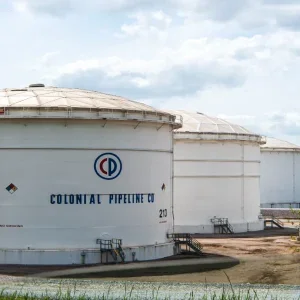The agreement, a non-binding letter of intent, is contingent on shareholder approval of Tesla’s acquisition of SolarCity.
Financial terms of the deal were not disclosed. Production would take place in Buffalo, New York.
The cells and modules will be used in a solar energy system that will work with Tesla’s energy storage products, Powerwall and Powerpack.
Tesla wants to introduce complete off the grid solutions for domestic, commercial and grid scale customers.
Tesla Motors co-founder and chief technical officer JB Straubel said: “We are excited to expand our partnership with Panasonic as we move towards a combined Tesla and SolarCity.
“By working together on solar, we will be able to accelerate production of high-efficiency, extremely reliable solar cells and modules at the best cost.”
Upon the deal’s finalization, Panasonic will start producing the PV modules at the Buffalo plant in New York from 2017. Tesla plans to buy these PV modules in the long-term from Panasonic, once the deal is approved.
Already, Tesla Motors and Panasonic have a relationship for the production of electric vehicles and in the manufacture of grid storage battery cells at Tesla’s Giga Factory.
Panasonic Eco Solutions Company vice-president Shuuji Okayama said: “Panasonic PV cells and modules boast industry-leading power generation performance, and achieve high quality and reliability.
“We expect that the collaboration talks will lead to growth of the Tesla and Panasonic relationship.”
In August this year, Tesla Motors placed a proposal to takeover SolarCity.
Last year, SolarCity said that it has readied a new technology to produce solar modules which can be much more efficient in transforming sunlight into electricity.
Presently, it is unclear whether or not SolarCity will use the new technology or it will use Panasonic’s proven technology which can be scaled up for mass production.






